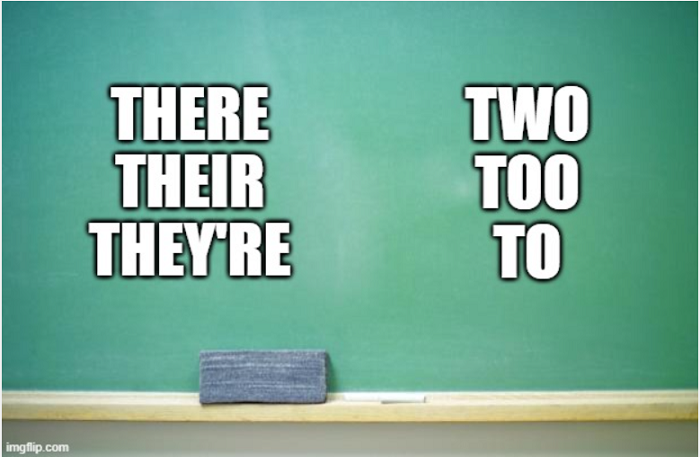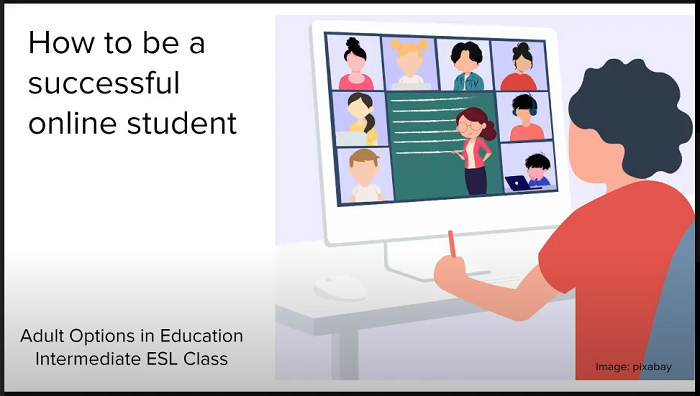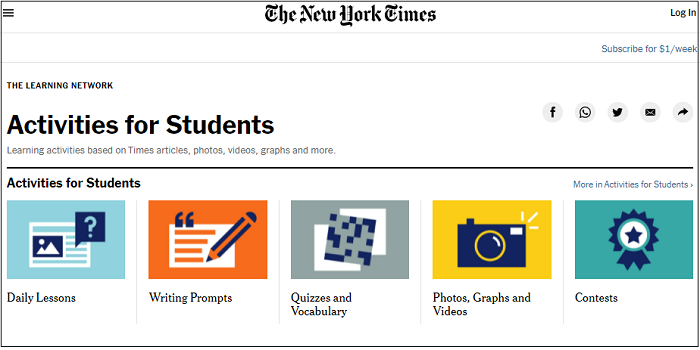Reading
Recent Newsletter Articles

Homophones in Isolation for the Adult Learner
Adult learners often wrestle with homophones as texts and conversations are littered with them. Through nine units of shared homophone lessons, teachers control the pace, and the objective is intentionality because homophones are here (hear), there (their/they’re), and everywhere (wear)! Read More

Information/Media Literacy: More Important Than Ever!
Don't believe everything you read! Information is coming at our students at a very rapid pace from many different sources. With that in mind, it is more important than ever to give them the strategies and tools to effectively analyze and evaluate all of this data. Read More

50 Shades of Meaning
Explicit vocabulary instruction can often be a neglected vein of ESL instruction. This article provides research-based, user-friendly ideas to grow students beyond a surface level knowledge of words to deeper vocabulary comprehension and usage. Read More

Support Adult Learners with Resources from ELM and Ebooks MN
The High School Equivalency Center, part of LearningExpress Library (LEL), helps students prepare for the GED, HiSET, and TASC exams by offering tutorials and micro lessons in reading, writing, grammar, vocab, spelling, and math. The Adult Core Skills Center gives adults the tools they need to achieve their personal educational and career goals, whether that includes becoming a U.S. citizen or improving reading and vocabulary skills. Read More

Project-Based Learning in Action: How to Be a Successful Online Student – Part 2
Instructor Dan Bruski describes how he led his low-intermediate ESL students through a project-based learning activity around composing a list of rules and expectations for their online class. The culmination of the lesson was the creation of a video on "How to be a successful online student," which has an authentic use for orienting new students. Read More

Project-Based Learning in Action: How to Be a Successful Online Student – Part 1
Instructor Dan Bruski describes how he led his low-intermediate ESL students through a project-based learning activity around composing a list of rules and expectations for their online class. The culmination of the lesson was the creation of a video on "How to be a successful online student," which has an authentic use for orienting new students. Read More

Language and Literacy ESL Roundup!
If you’re an ESL teacher who missed this year’s Language & Literacy conference, or if you just weren’t able to make it to all of the sessions, have no fear! All of the conference sessions were recorded, so even though the conference is over, you can still continue to learn with and from your ESL colleagues. Check out the videos and resources from these ESL-focused sessions for ideas to invigorate your teaching this winter. Read More

The “Just in Time” Evidence-Based Reading Instruction (EBRI) Resource Series: Part 4
This article is Part 4 in a newsletter series highlighting PD and resources for each of the four components of Evidence-Based Reading Instruction (EBRI): alphabetics, fluency, vocabulary and comprehension. This week we’ll focus on some useful free vocabulary resources for teaching academic vocabulary and locating it in text. Read More

The “Just in Time” Evidence-Based Reading Instruction (EBRI) Newsletter Series: Part 3
This article is Part 3 in a newsletter series highlighting PD and resources for each of the four components of Evidence-Based Reading Instruction (EBRI): alphabetics, fluency, vocabulary and comprehension. This week we’ll dig into some useful free vocabulary resources for determining which words to teach, depending on the level of your learners and their goals. Read More

Classroom Resource: The New York Times Learning Network
The New York Times Learning Network offers a variety of learning activities that are relevant to adult education learners – from reading, writing, and discussion to geography and current events. Consider these resources to supplement your current instruction. Read More